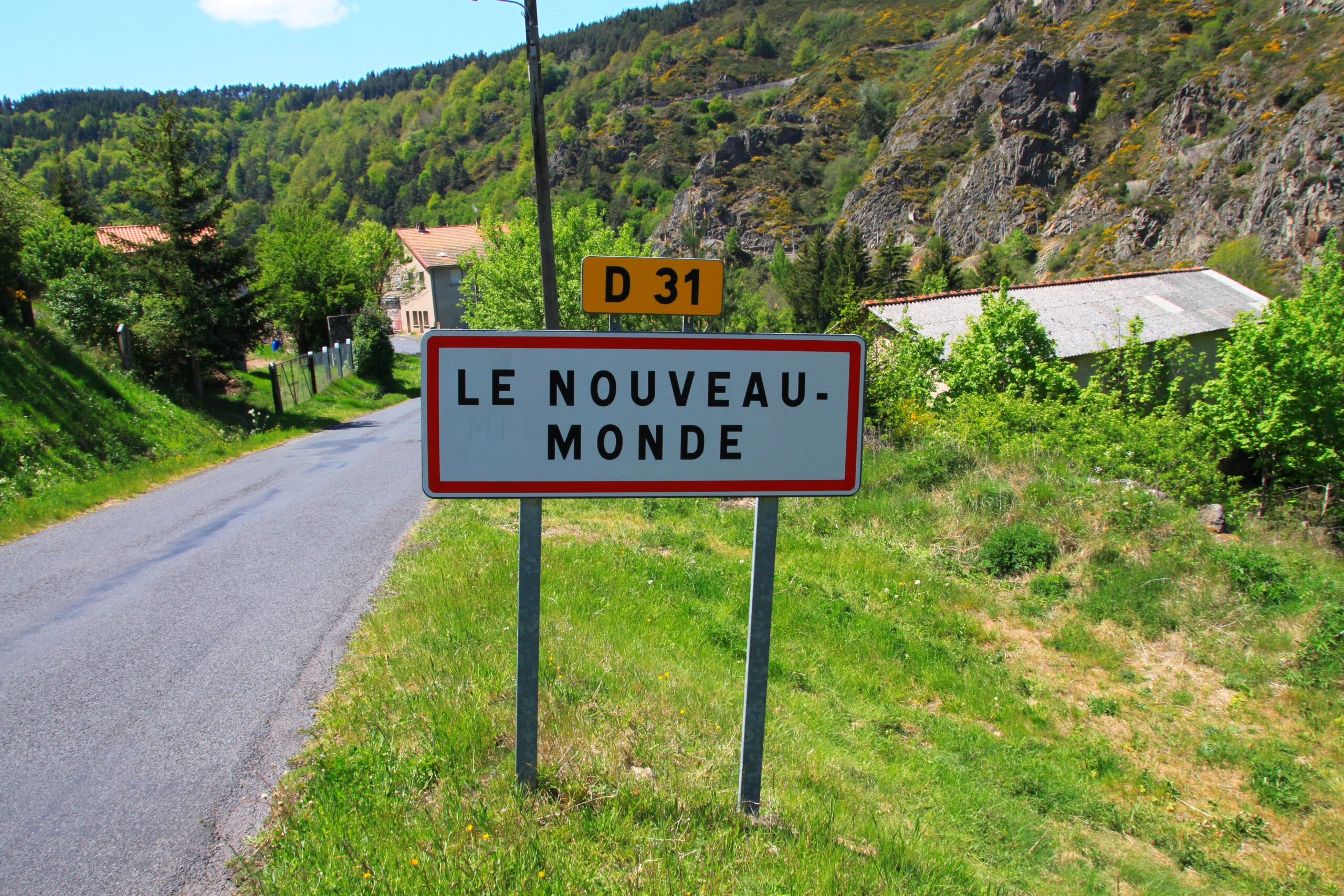We live in polarizing times. The world is full of Us vs. Them. Us the ones with the “right” political corner vs Them, the ones who “don’t understand what the world needs”. If they would just wake up. Us the “responsible” climate activists vs Them, the “reckless” climate arsonists. If they could just stop to pollute the planet. Us the “clever” vaccinated vs them, the “silly” unvaccinated people. If they would just get vaccinated. Us, the “educated” people who listen to science vs them, the “stupid” people who believe in Fake news. If they would just listen to facts.
Recently, I noticed a new sheriff in town with a badge saying “Hi, my name is The Agile Movement”. I am a big fan of the principles of agile. I believe in a lot of what it stands for. What I don’t frantically believe in I still can see as a good and reasonable cause. But recently one central concept from that movement starts to stand out rather as a buzzword and voices from that community get louder and louder: Us, the “evolved” resilient ones with all the cool mental tools to thrive vs. them, the “retarded” un-resilient. If they were just more resilient.
You see, the word “just” itself is not as simple as it appears to be. If you look up definitions of the word – I did that research in the Merriam Webster – there are basically two ways to interpret it. One way is to use it as an adverb. When used like this, it always means something that is not far off from the recent standpoint: very recently, immediately, by a small margin, simply or exactly. The other definition for the use as an adjective circle around proper, lawful or reasonable. So while it implies that we don’t have to move so far from our current standpoint, in time and in mental space, it also tells us that something is right as it is.
Don’t get me wrong! Resiliency is a great skill. But sometimes what agile principles are asking is to leave behind what people learned for years and generations. Do we want to get there in a reasonable way, which for me equals a sustainable unlearning of hindering mindsets? Or are we asking them to change immediately, no matter the cost? Sometimes, for me it is not quite clear to tell and taken that the word “just” is always used as an adverb in the given examples – a word that provides more information to the sentence – I please ask to be forgiven if I tend to see it connected to the latter.
If we want to fight future crisises, also the ones that are already knocking at our door, such as climate change, we have to work together. Hand in hand. Of course, we could leave the “unevolved” people behind. But how much would that align with our humanistic principles? We will lose people on the way. But if we intentionally set out to go as the leading tribe without looking left or right, we are no better than the rest. We would definitely be no better than the tech tribe that leads by exclusion. One size fits all. Take it or leave it. Come to our side or stay behind. This train is not waiting for you. Consequently, the ethical discussions about this approach to grow and the implications to equality, inclusion and society are starting to take over the floor.
The Agile Movement claims to be big on inclusion. We claim to welcome individuals as they are and leave them better as we found them. So why do we seem to fail to put into consideration who has access to our mindset, therapy, to appreciative circles? To coaching, agile ways of working, the freedom to experiment? Are we allowing them the time to grasp what they are facing and grieve what they will lose?
We don’t have to drag everyone along. But we need to be willing to create bridges for people and help them on the way, who might not be 100% on board with us yet, because our privileges are not their advantages. One part of that is the fun in it. But how can we put the fun back in when we are so much focussed on optimising for resiliency?
Why does it trigger me so much? I guess because I don’t want to see the agile movement turn into just another ivory tower discipline. Lately, in one of our workshops, we had a participant who said at the end “I thought this was just gonna be another Agile meeting and I really wasn’t looking forward to it”. I think we’re past that point where these disciplines change anything for the better. The participant continued his feedback: “But this was not like this. This was fun”. Grassroots movements change the world – so if we want to be the change we want to see in the world, we should quickly stop the construction on that ivory tower, put the fun back into what we are doing and continue finishing the ark that we started!

